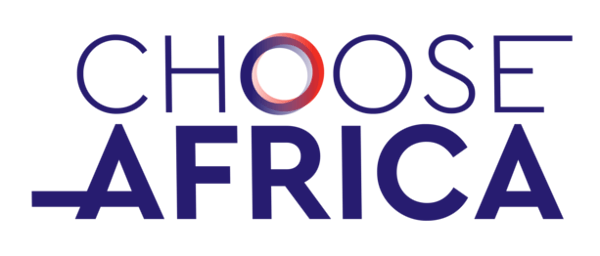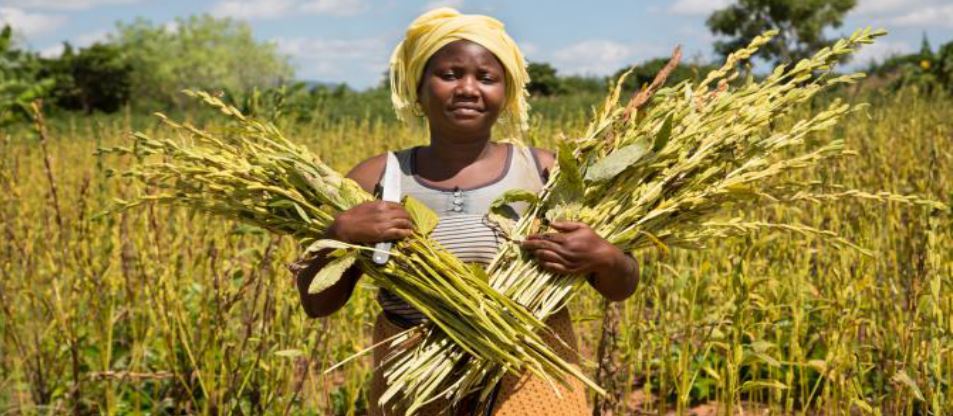GreenHope is an inclusive start-up specialized in agricultural technologies founded in 2014 by Frédéric Kiema and Aimé Kabora. The two founders have developed YOLSE, a digital platform that allows farmers to plan their crop year and assess their needs for inputs. This platform allows users to take out loans and benefit from technical assistance.
What needs are you answering with GreenHope and how did your entrepreneurial adventure begin?
Frédéric: With my partner Aimé Kaboré, we realized that farmers tend to use low-quality fertilizers or use them in insufficient quantities. These bad practices decrease their profitability and have negative consequences on the environment. Moreover, we noticed that farmers have very limited access to credit due to their risk profiles and the high interest rates applied to them.
To counter these issues, we created a digital platform, YOLSE, which supports producers on their professionalization path and provides them with a credit repayment guarantee with financial institutions. To achieve this, we use mobile money: a system used by 60% of the Burkinabe population and that allows farmers to subscribe to loans or save money through a tontines system. By positioning ourselves as guarantors of producers with financial institutions, the latter become more inclined to lend to farmers. On YOLSE, members can also benefit from agricultural consulting services provided by agronomists to promote good agricultural practices and protect producers against the risk of price variations. Other solutions are also available such as contractualization services between farmers and manufacturers.
How did you manage to familiarize farmers with digital services?
Frédéric: YOLSE’s mechanism is based on habits and instinctive tools such as imagery boxes. However, at the beginning, it was a challenge because several private companies had defrauded the producers who became reluctant to using digital services. We had to be very convincing and prove our added value in order to get producers to join the platform. We have deployed representatives in the field who are from the villages concerned and who are our focal points. We make sure that these representatives are resource persons that are heard within the villages. We base all our activities on the villagers’ habits.
How has the AFIDBA program helped you?
AFIDBA has helped us scale up through communication, reduced implementation costs and access to the market. With AFIDBA, we’ve managed to develop a new scoring system to identify two types of producers: those who face difficulties in accessing markets and those who need inputs.
Through the different meetings and experience feedbacks organized, La Fabrique and AFIDBA have also enabled us to develop advocacy programs for Burkinabe entrepreneurs.
What are your growth prospects?
We hope that new partners will join us in the process. We recently signed partnerships to replicate our solution in six countries: Senegal, Benin, Côte d’Ivoire, etc. Our objective is to spread across borders.
What would be your advice to other entrepreneurs?
Passion! But beyond this, it is important to have a good knowledge of procedures: start with a prototype, use a bottom-up approach, test the market before scaling up your solution. And the most important: “Don’t quit!”
Interview by Binta Barry
About the AFIDBA program
AFD for Inclusive & Digital Business in Africa aims to support the acceleration of inclusive and digital businesses in Burkina Faso, Ghana, Morocco and Senegal. Launched in 2019, AFIDBA has been set up to contribute to economic, sustainable, digital and inclusive development in Africa. Through a network of local incubators and international experts, the program is supporting and financing the scaling-up of 60 start-ups for a 3-year period, while strengthening their inclusive dimension.
About AFD’s Social and Inclusive Business strategy:
In 2019, AFD renewed its ambition to support social and inclusive entrepreneurship by approving a new strategy. Its objective is to allocate EUR 1bn by 2023 for social and inclusive businesses in developing countries.

